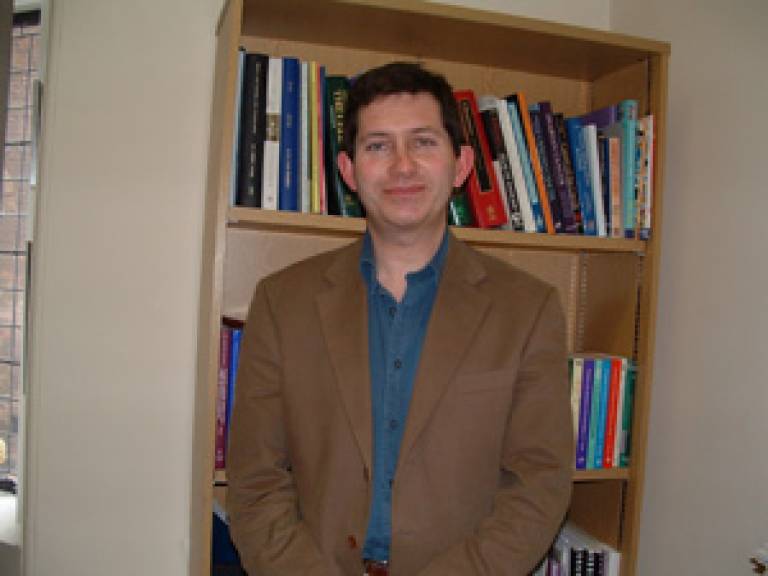Women's Health
16 May 2005
Specialists from UCL's Elizabeth Garret Anderson Institute for Women's Health are supporting a range of women's health concerns in Uganda.

The institute was established in 2004 to develop an international centre of excellence for clinical care, research and training in women's health. The Ugandan Women's Health Initiative will be a major ongoing project for the institute.
In February 2005 a team of ten clinicians and academics from UCL and UCH visited Mulago Hospital, Makerere University and Hospice Africa Uganda in Kampala as well as a district hospital in Jinja and a rural area to the east of Jinja. The visit provided an ideal opportunity to plan for how best to support the Ugandan medical services.
In Uganda, women routinely die or are disabled by medical conditions that have been easily treatable or preventable in the UK for many years. Postpartum haemorrhage remains a major cause of maternal mortality in rural areas of Uganda and one of the projects planned is prevention of this problem using the drug misoprostol, which is cheap and can easily be made available. The Institute team also plan to establish a centre for the surgical repair of vesico-vaginal fistula, a common problem due to obstetric complications, and to assist in training in neonatal resuscitation.
Another project involves prevention of cervical cancer, which is one of the commonest causes of death among young women in the developing world, with recent figures estimating that 500,000 women are diagnosed with cervical cancer every year, of which 250,000 die from the disease. Yet cancer of the cervix is a preventable disease and in the UK, incidence has dropped dramatically since the introduction of routine screening programmes. Simple approaches to screening could save many lives.
Professor Jacobs explained: "Structured screening programmes are not in place in Uganda, so we hope to use our experience in this area to work with colleagues in Women's Health in Uganda and establish a self-sustaining centre where cervical screening is available."
As well as screening facilities for cancer, the team also hope to help the Ugandan authorities with the purchase of radiotherapy equipment - there is currently only one functioning radiotherapy machine in the entire country - and to support development of palliative care expertise in Uganda through Hospice Africa Uganda. The visit also highlighted the opportunity for training and education fellowships to bring Ugandan health professionals to UCL for a period, complementing the training available to doctors and nurses in Uganda.
Professor Jacobs said: "Our work in Uganda has been made possible through an extraordinarily generous donation by Mr Roger Myers. Our team hope that by linking with specialists in women's health in Uganda, and adding our expertise and experience to theirs, we can make improvements in healthcare that will make a real difference to women's lives."
The Elizabeth Garret Anderson Institute for Women's Health is one of the
many initiatives of the Campaign for UCL. To find out about making a
donation to the institute, contact Caroline Smith (+44 (0)20 7679 9750)
 Close
Close

